Top 10 Best Dog Breeds in 2025 – Smart, Loyal & Perfect for Every Home
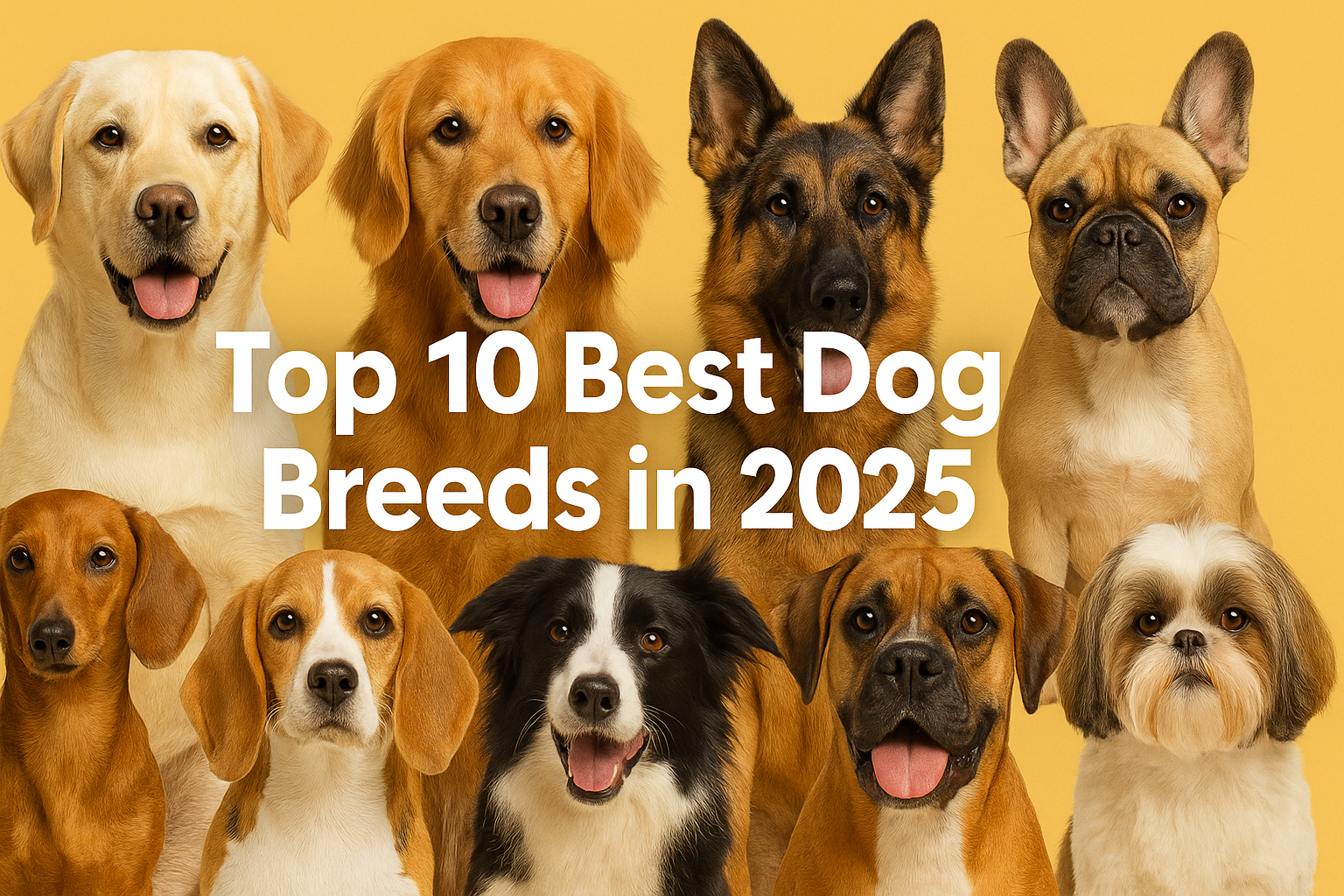
Selecting the right breed of dog is not merely a choice – it’s ultimately about matching up a breed with your lifestyle, preferences, and necessities as a human. Whether you need or want a fun family pet, a companion who is calmer, or a guard dog – which breed will suit your needs can mean the difference between an amazing and awful experiencewhen a dog enters your life.
With that in mind, we will present a guide for what we feel are the Top 10 best dog breeds of 2025 based upon intelligence, loyalty, temperament, ability to adapt, and general popularity. All of these breeds have warmed the hearts of dog lovers across the globe and might be the right furry friends for your journey.
10 Best Dog Breeds in 2025 List
| Dog Breed | Size | Temperament | Best For | Shedding Level |
|---|---|---|---|---|
| Labrador Retriever | Medium-Large | Friendly, Energetic | Families, Active Owners | Moderate |
| Golden Retriever | Large | Loyal, Gentle | Families, Kids | Moderate-High |
| German Shepherd | Large | Smart, Protective | Security, Training | High |
| French Bulldog | Small | Calm, Playful | Apartments, Small Homes | Low |
| Poodle | Varies | Intelligent, Proud | Allergy-Sensitive Homes | Low |
| Beagle | Small-Medium | Curious, Friendly | Families, Kids | Moderate |
| Border Collie | Medium | Super Smart, Agile | Farms, Active Owners | Moderate |
| Boxer | Medium-Large | Loyal, Playful | Active Families | Moderate |
| Dachshund | Small | Brave, Stubborn | Small Spaces, Solo Owners | Moderate |
| Shih Tzu | Small | Affectionate, Calm | Seniors, Apartments | Low |
| Australian Shepherd | Medium | Energetic, Intelligent | Active Homes, Farms | High |
| Chihuahua | Small | Alert, Devoted | Small Homes, Singles | Low |
| Rottweiler | Large | Confident, Loyal | Experienced Owners | Moderate |
| Cocker Spaniel | Medium | Friendly, Loving | Families, First-Timers | High |
| Siberian Husky | Large | Independent, Vocal | Cold Climates, Active Owners | High |
ALSO READ: Best Dog Collars of 2025: Stylish, Durable & Comfortable Picks for Every Pup
1. Labrador Retriever
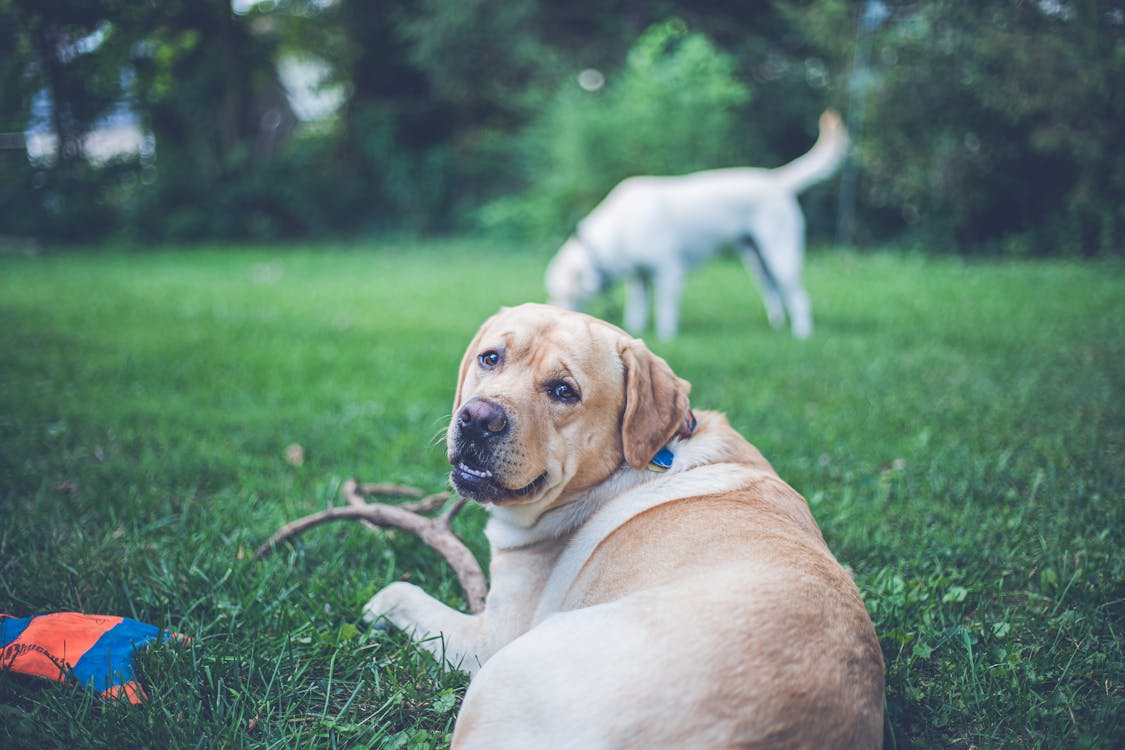
The Lab is always a favorite with the public by virtue of its kind temperament, lively disposition, and eagerness to please. Labs are generally good for obedience work, therapy, search-and-rescue, and of course, great with children.
Key morphologies:
Height: 21.5 to 24.5 inches
Weight: 55–80 lbs
Life Expectancy: 10–12 years
Colors: Yellow, Chocolate, Black
Why A Labrador Retriever?
Labs are adaptable and versatile dogs, and they want to be a part of your family. They are the best outdoor game, and social with other pets.
Pros:
Great with kids and seniors
Super smart
Easy to train
Cons:
Needs a lot of exercise
Will chew on things if bored
Sheds seasonally
2. Golden Retriever
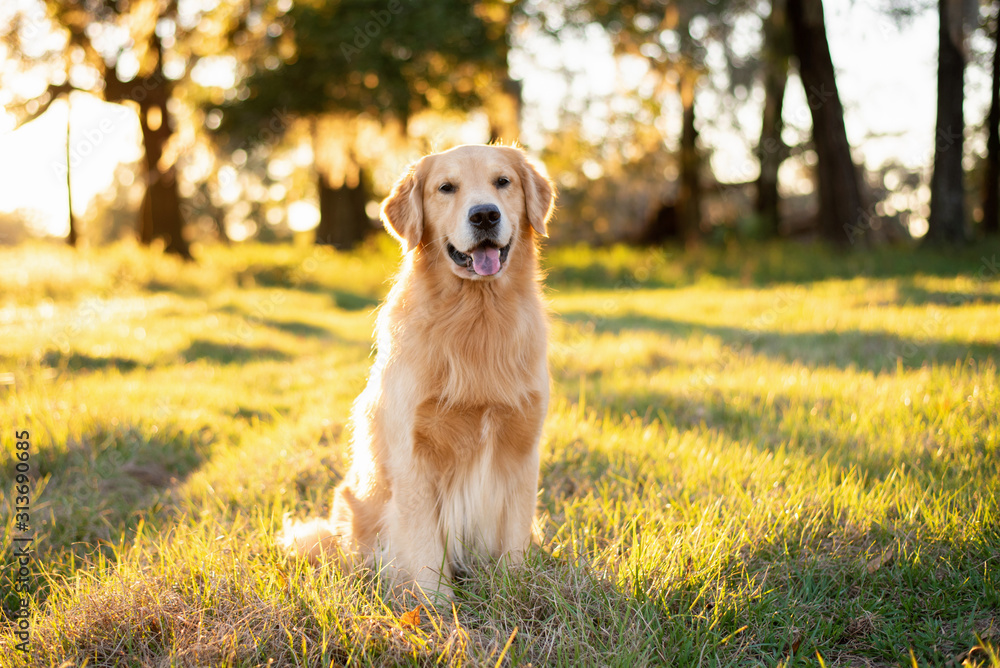
A Golden Retriever is affectionate and gentle, hence the name that offers companionship and emotional support. They are trustworthy, easy going, and ever ready to get into the act.
Key Traits:
Height: 21.5 to 24 inches
Weight: 55–75 lbs
Life Expectancy: 10–12 years
Colors: Golden, Light Golden, Dark Golden
Why Choose a Golden Retriever?
The Golden Retriever is kind, loyal, and affectionate: ideal for families, therapy work, and emotional support roles.
Pros:
Great with children
Most obeying
Best emotional companions
Cons:
Shedding lot
Hip problems and obesity being the major ones
3. German Shepherd
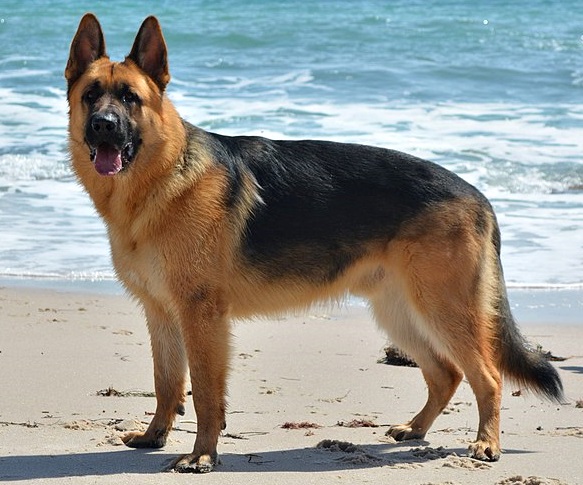
Highly intelligent, obedient, and courageous, German Shepherds are often chosen for police, military, and service dog roles. They are protective of their families and thrive when mentally stimulated.
Key Traits:
Height: 22 to 26 inches
Weight: 50–90 lbs
Life Expectancy: 9–13 years
Colors: Black, Tan, Sable, Bicolor
Why Choose a German Shepherd?
German Shepherds are intelligent, protective, and highly trainable perfect for active homes or working roles like security and service.
Pros:
Superb working dogs
Loyal & fearless
Trainable in complex tasks
Cons:
Needs advanced training
Sheds year-round
Can be aloof with strangers
ALSO READ: The Best Dog Beds of 2025: Comfort Your Pup Will Love
4. French Bulldog
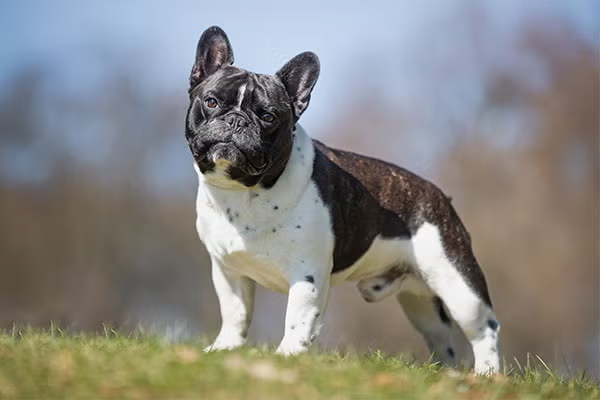
The Frenchie is compact, adaptable, and packed with personality. They require minimal grooming and are ideal for urban living and small homes.
Key Traits:
Height: 11 to 13 inches
Weight: 16–28 lbs
Life Expectancy: 10–12 years
Colors: Fawn, Brindle, White, Cream
Why Choose a French Bulldog?
Frenchies are compact, charming, and require minimal grooming. They’re ideal for apartment living and first-time dog owners.
Pros:
Low-shedding
Doesn’t need much exercise
Great for first-time dog owners
Cons:
Prone to breathing problems
Sensitive to heat
5. Poodle (Standard, Miniature, Toy)
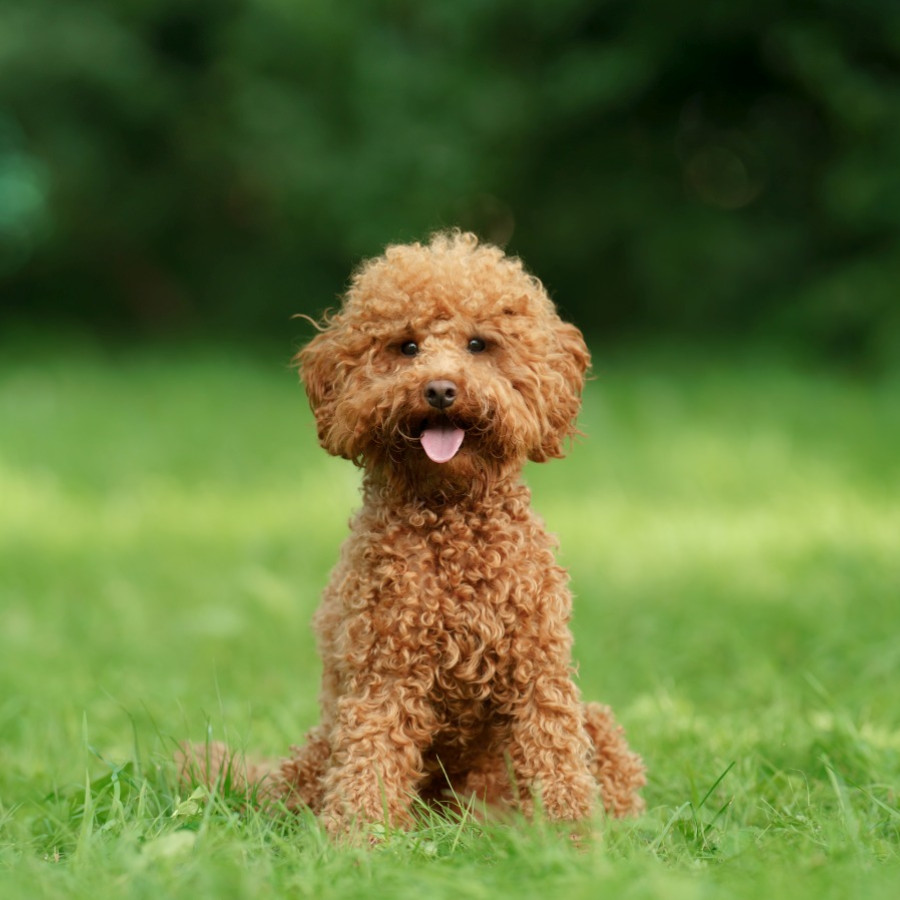
Poodles combine brains and beauty. Their hypoallergenic coat makes them ideal for allergy sufferers. Each size variation has a unique personality, but all are alert and trainable.
Key Traits:
Height: 10–24 inches (Toy to Standard)
Weight: 6–70 lbs
Life Expectancy: 12–15 years
Colors: White, Black, Apricot, Silver
Why Choose a Poodle?
Poodles are hypoallergenic, highly intelligent, and great for obedience training. They come in all sizes to fit different homes.
Pros:
Doesn’t shed
Great at agility & obedience
Friendly and non-aggressive
Cons:
Needs regular grooming
Can develop separation anxiety
6. Beagle
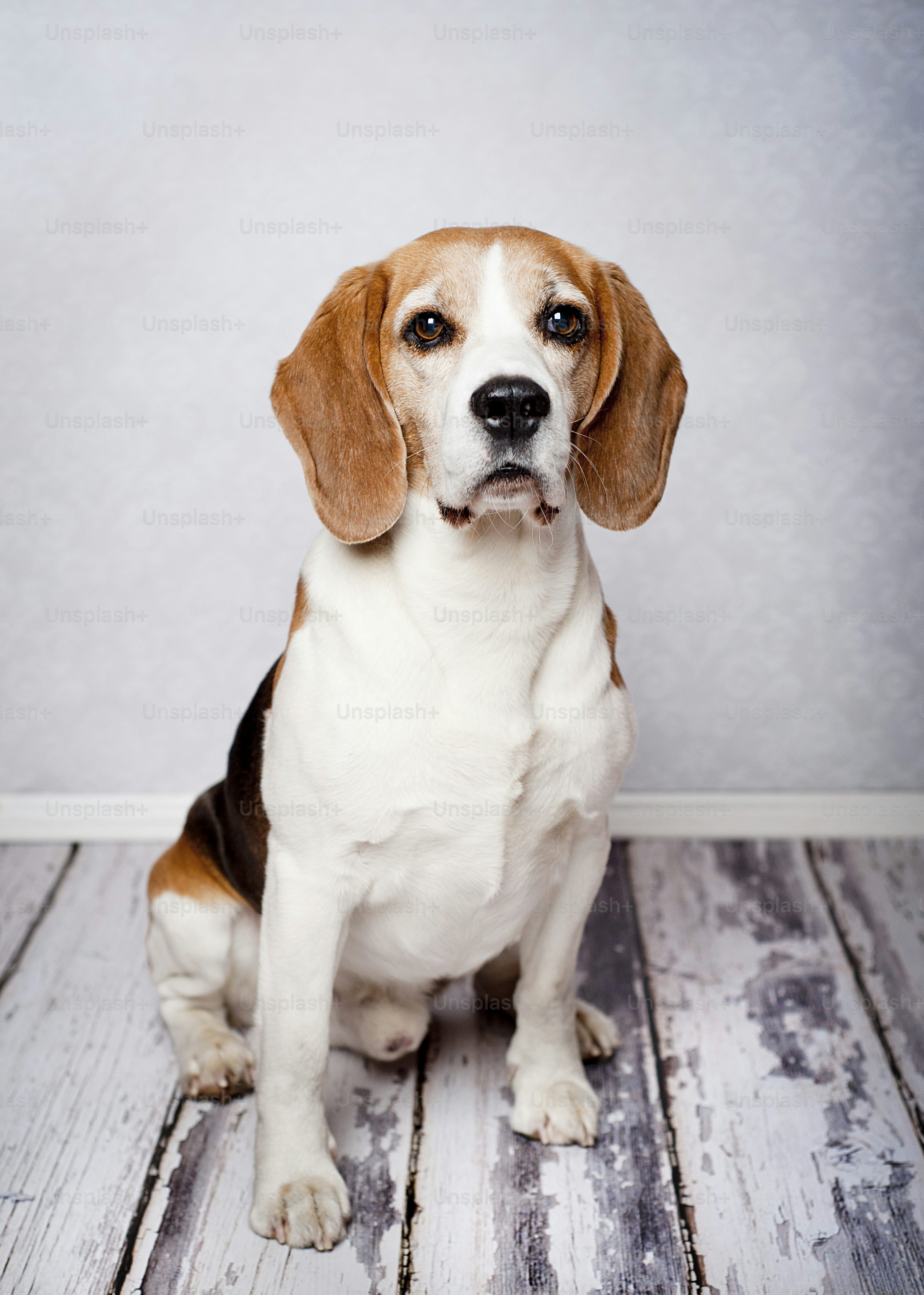
Beagles are known for their cute expressions, loving demeanor, and sociable personality. They’re small but sturdy and do well in families with children.
Key Traits:
Height: 13 to 15 inches
Weight: 20–30 lbs
Life Expectancy: 12–15 years
Colors: Tricolor, Lemon, Red & White
Why Choose a Beagle?
Beagles are friendly, low-maintenance, and love to explore. They’re excellent with children and great for families.
Pros:
Fun-loving and friendly
Low grooming needs
Great with children
Cons:
Prone to obesity
Can be vocal and stubborn
ALSO READ: Best Dog Toys – Types of Toys for Dogs That Keep Tails Wagging!
7. Border Collie
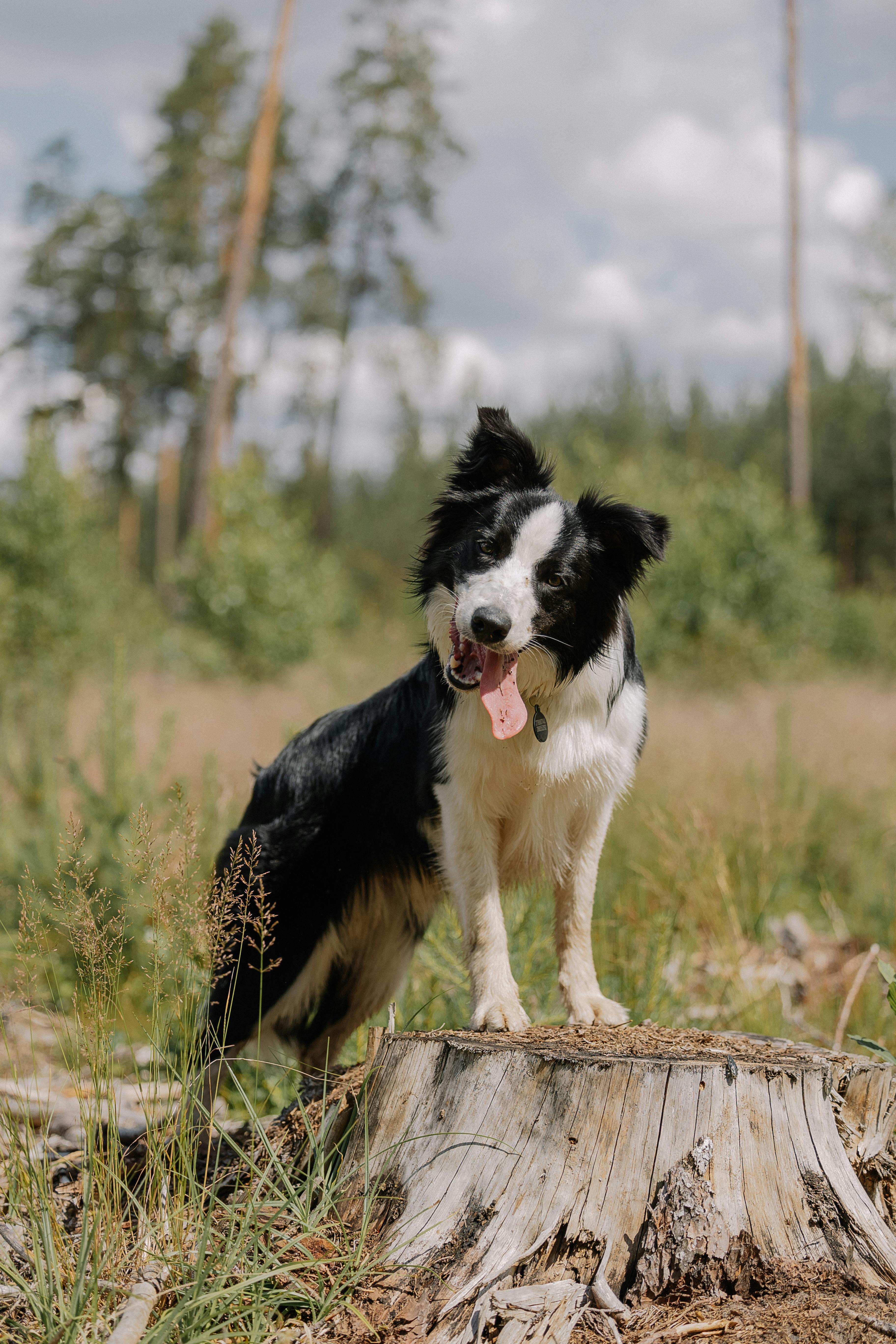
Considered the smartest dog breed, Border Collies are laser-focused, agile, and love having a job. Not suitable for lazy lifestyles.
Key Traits:
Height: 18 to 22 inches
Weight: 30–45 lbs
Life Expectancy: 12–15 years
Colors: Black & White, Red, Merle
Why Choose a Border Collie?
Border Collies are super smart and thrive on mental challenges. Ideal for active people who love dog sports and training.
Pros:
Unmatched intelligence
Great herding & agility dogs
Loyal and eager to learn
Cons:
Needs a job or task to stay happy
Not ideal for apartment living
8. Boxer
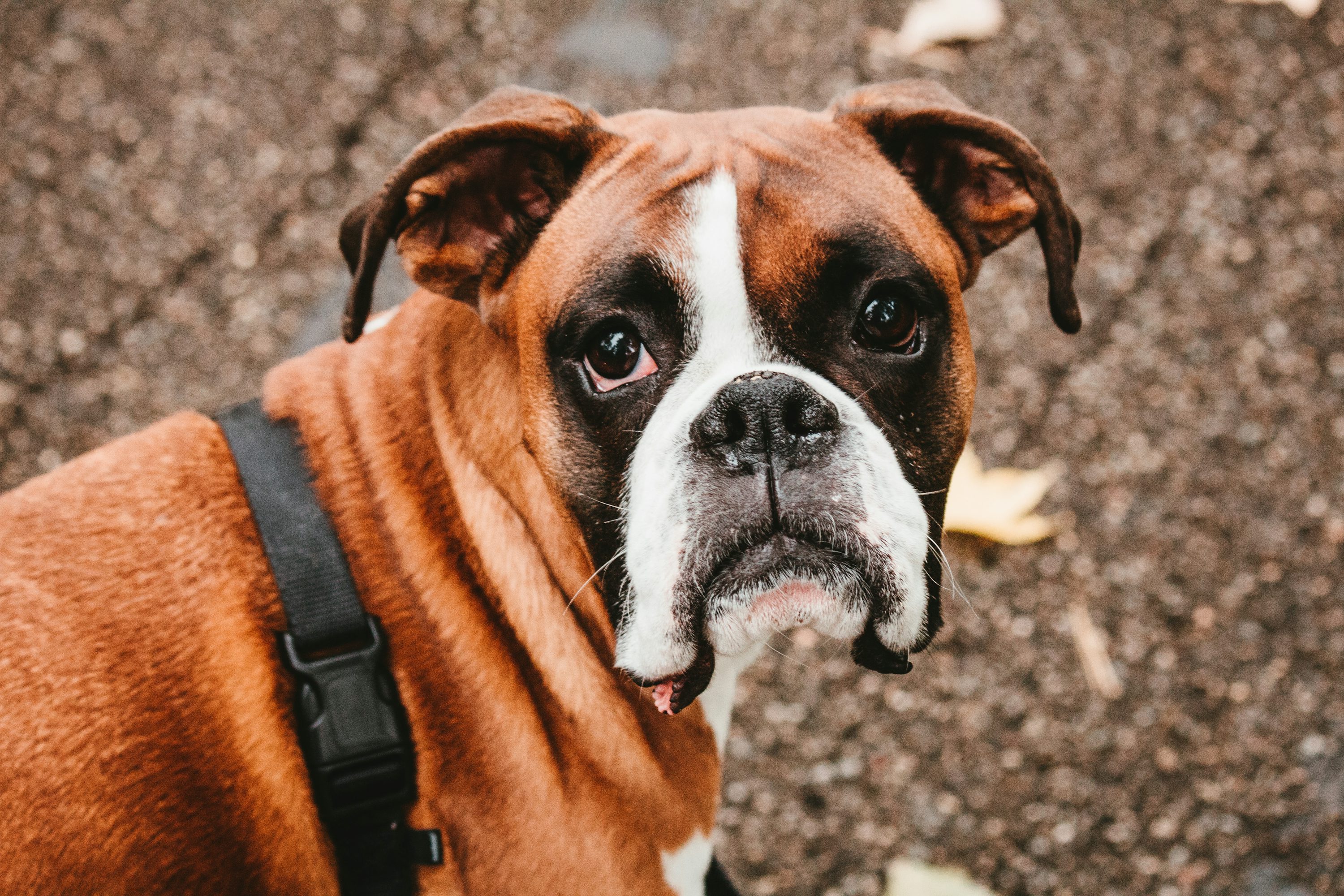
Boxers are goofy, lovable protectors. They're affectionate with families and alert enough to make good watchdogs.
Key Traits:
Height: 21.5 to 25 inches
Weight: 50–80 lbs
Life Expectancy: 10–12 years
Colors: Fawn, Brindle, White
Why Choose a Boxer?
Boxers are playful, loyal, and protective. They bring energy and affection to families and are great with kids.
Pros:
Energetic and playful
Good with children
Protective instincts
Cons:
Needs daily physical activity
Prone to heart conditions
9. Dachshund
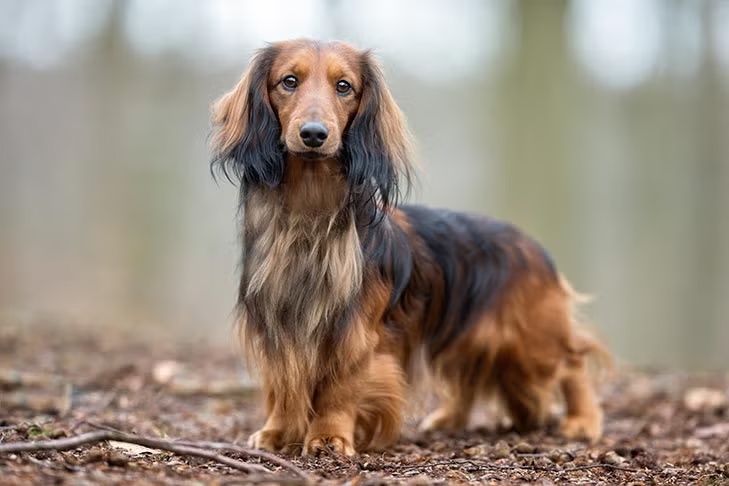
Famous for their long body and short legs, Dachshunds are confident and curious. They are loyal to their owners and do well in small homes.
Key Traits:
Height: 5 to 9 inches
Weight: 11–32 lbs
Life Expectancy: 12–16 years
Colors: Red, Black & Tan, Cream
Why Choose a Dachshund?
Dachshunds are bold, curious, and full of character. Their small size and bravery make them great for city living.
Pros:
Portable and manageable
Excellent watchdogs
Adaptable to most homes
Cons:
Stubborn to train
Risk of spinal issues
10. Shih Tzu
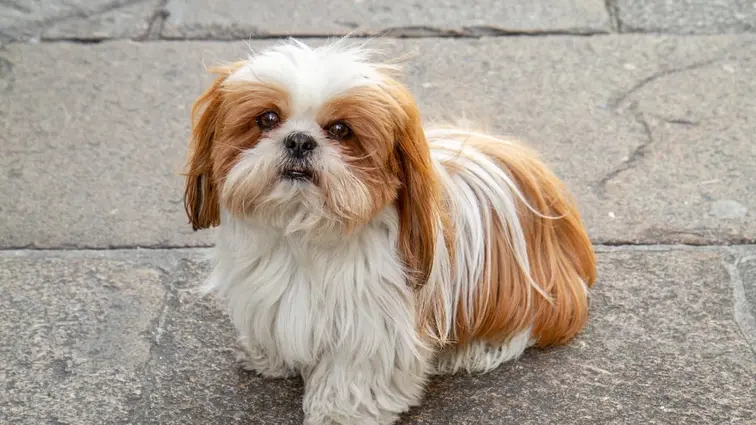
This toy breed is gentle, affectionate, and ideal for people who want a low-energy companion.
Key Traits:
Height: 9 to 10.5 inches
Weight: 9–16 lbs
Life Expectancy: 10–16 years
Colors: Gold, White, Black, Brindle
Why Choose a Shih Tzu?
Shih Tzus are calm, loving lap dogs with minimal exercise needs. Ideal for seniors, apartments, or laid-back households.
Pros:
Excellent lap dogs
Quiet and calm
Minimal exercise needs
Cons:
High grooming maintenance
Not suitable for rough play
ALSO READ: 10 Best Gifts for Dogs and Dog Lovers (2025 Guide)
How to Choose the Right Dog Breed for You
Choosing a dog is not only about looks its about finding the lifestyle match. This is how to find your best dog buddy posible:
1. Space is Important
If you live in an apartment, a small subdued dog such as a French bulldog or Shih Tzu might be your best bet. If you have a giant backyard you should consider higher energy dog breeds like Labradors or Huskies.
2. Energy Levels
If you are an active person, high energy breeds like Border Collies or Australian Shepherds are great choices. Not that active? Breeds like Beagle or Chihuahua are better.
3. Family or Not
If you have a household full of kids, good choices would be any of the retrievers such as Golden or Labrador. If you are a one-person household, good choices would be a Poodle or Chihahua.
4. Grooming (low maintenance)
If you don't want to have to groom an hour every week, you want to look into a breed like Boxer or Dachsund. If you have allergies and not sure if he dog you want is response - consider hypoallergenic breeds like Poodle or Shih Tzu.
5. Experience
If this is your first time to care for a dog or never owned one, I would recommend gentler breeds that there is no option but to train like Labrador or Beagle. If you have experience, you might feel confident to train Rottweiler or Husky.
How Breed Impacts Health & Lifespan
A dog's breed determines their lifespan quite a bit and most importantly their health. For instance, smaller breeds (Shih Tzu, Chihuahua, etc.) have longer lifespans: around 15-17 years while larger breeds like Rottweilers or Huskies are around 9-12 years.
Some breeds are more susceptible to different health issues too:
Labradors & Golden Retrievers: prone to hip issues and obesity
French Bulldogs: breathing difficulties due to being flatten-faced
German Shepherd: joint/spinal issues
Poodles: generally healthy and dogs are hypoallergenic
If a longer lifespan and less vet trips sounds better to you, consider beagles, poodles or border collies. Regardless of breed, being active, healthy food, and regular vet visits lead to longer happier lives.
ALSO READ: Top 10 Best Dog Treats for USA (2025): Top Picks for Healthy, Happy Pets
Maintenance & Care Tips
Like every other dog, this adopted mutt has its own needs of love and care. Below is a very basic checklist for love and care:
Food Quality: Quality food for the dog you have, based upon the size of the breed (and age).
Exercise Requirements: Measured in hours! Depending on the dog breed, their daily exercise requirements may range from 30 minutes to 90 minutes.
Vet Appointments: Regular checkups, veterinary vaccinations, flea and ticks prevention/treatment.
Training: Using positive methods and taking advantage of puppyhood.
Socialization: Meeting other dogs, people, and places in their childhood.
Grooming: Varies from dog breed (short coat to longer coat).
Final Thoughts
Finding the right breed of dog is a matter of the heart. Whether you end up with a silly Labrador, a sharp-witted border collie, or a gentle soul like a Shih Tzu, you will learn that the beauty of dog ownership is in the relationship.
Each breed amongst the ten presented here offers a unique, loyal, intelligent, and companionable source of unconditional love. So, that's great. Take your time, do your research and find the four-legged friend that will meld and grow with you over time and bring you joy for many years ahead.
Frequently Asked Questions (FAQs)
1. What is the best dog breed for families in 2025?
Labrador and Golden Retrievers are still the face of best family dog because of their gentle, friendly nature and pliability. These breeds are good with children and easily trained; a primary consideration for most first-time pet parents.
2. What is the smartest dog breed in 2025?
Border collies are considered the smartest dog breed. They can learn any command very quickly, excel in learning their agility course, and understand very complex tasks. Great dog for avid sports people and very active people, and for someone with dog experience.
3. Which dog breeds live the longest?
Smaller dog breeds carry longer life spans (15 - 17 years) with proper care, examples include Chihuahuas, Shih Tzus, and Miniature Poodles.
4. Which dog breed is the least maintenance?
The least grooming and living are by French Bulldogs, beagles, and dachshunds. This is because these breeds can adjust to smaller living conditions, meet the needs of smaller living environments, and they adapt to busy lifestyles.
Comments (0)